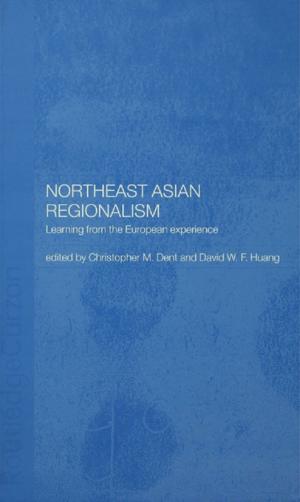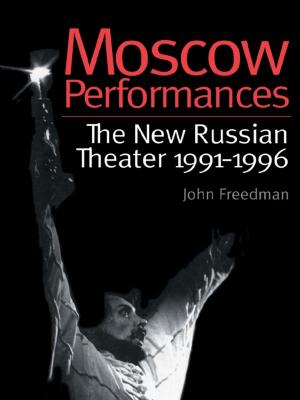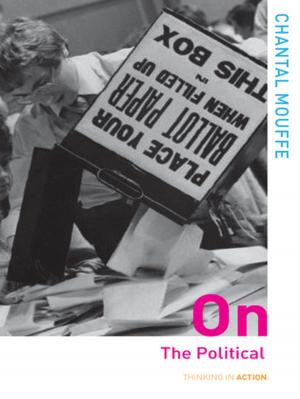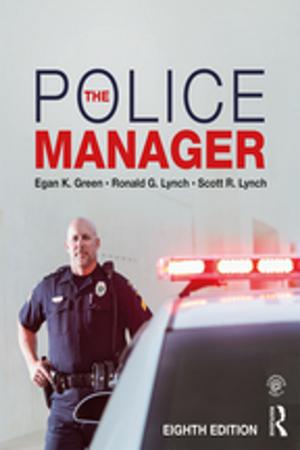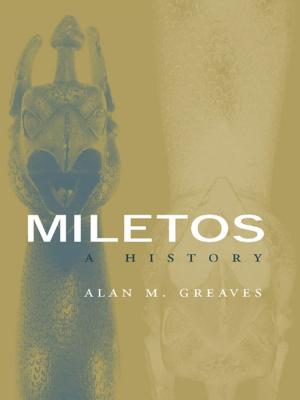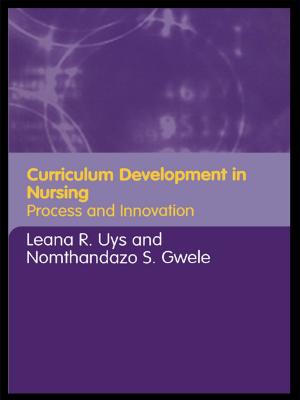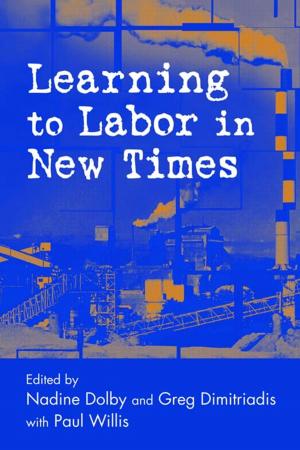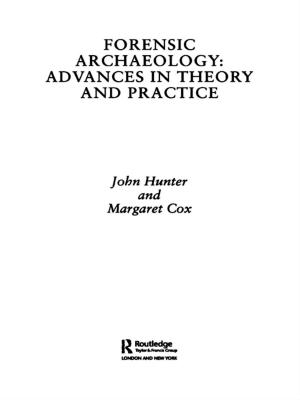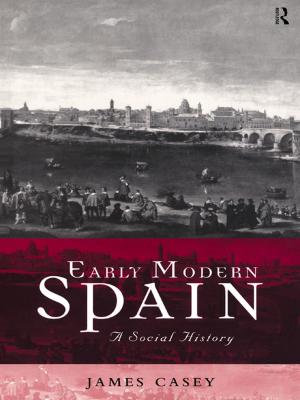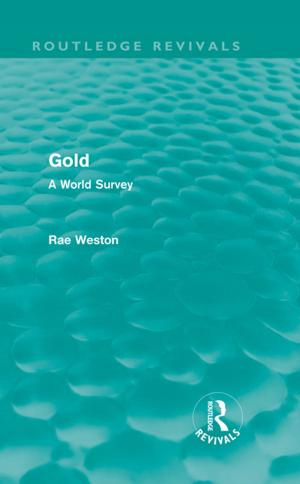Jungian Literary Criticism
The Essential Guide
Nonfiction, Health & Well Being, Psychology, Mental Health, Fiction & Literature, Literary Theory & Criticism| Author: | Susan Rowland | ISBN: | 9781317202295 |
| Publisher: | Taylor and Francis | Publication: | October 4, 2018 |
| Imprint: | Routledge | Language: | English |
| Author: | Susan Rowland |
| ISBN: | 9781317202295 |
| Publisher: | Taylor and Francis |
| Publication: | October 4, 2018 |
| Imprint: | Routledge |
| Language: | English |
In Jungian Literary Criticism: the essential guide, Susan Rowland demonstrates how ideas such as archetypes, the anima and animus, the unconscious and synchronicity can be applied to the analysis of literature. Jung’s emphasis on creativity was central to his own work, and here Rowland illustrates how his concepts can be applied to novels, poetry, myth and epic, allowing a reader to see their personal, psychological and historical contribution.
This multidisciplinary and transdisciplinary approach challenges the notion that Jungian ideas cannot be applied to literary studies, exploring Jungian themes in canonical texts by authors including Shakespeare, Jane Austen and W. B. Yeats as well as works by twenty-first century writers, such as in digital literary art. Rowland argues that Jung’s works encapsulate realities beyond narrow definitions of what a single academic discipline ought to do, and through using case studies alongside Jung’s work she demonstrates how both disciplines find a home in one another. Interweaving Jungian analysis with literature, Jungian Literary Criticism explores concepts from the shadow to contemporary issues of ecocriticism and climate change in relation to literary works, and emphasises the importance of a reciprocal relationship. Each chapter concludes with key definitions, themes and further reading, and the book encourages the reader to examine how worldviews change when disciplines combine.
The accessible approach of Jungian Literary Criticism: the essential guide will appeal to academics and students of literary studies, Jungian and post-Jungian studies, literary theory, environmental humanities and ecocentrism. It will also be of interest to Jungian analysts and therapists in training and in practice.
In Jungian Literary Criticism: the essential guide, Susan Rowland demonstrates how ideas such as archetypes, the anima and animus, the unconscious and synchronicity can be applied to the analysis of literature. Jung’s emphasis on creativity was central to his own work, and here Rowland illustrates how his concepts can be applied to novels, poetry, myth and epic, allowing a reader to see their personal, psychological and historical contribution.
This multidisciplinary and transdisciplinary approach challenges the notion that Jungian ideas cannot be applied to literary studies, exploring Jungian themes in canonical texts by authors including Shakespeare, Jane Austen and W. B. Yeats as well as works by twenty-first century writers, such as in digital literary art. Rowland argues that Jung’s works encapsulate realities beyond narrow definitions of what a single academic discipline ought to do, and through using case studies alongside Jung’s work she demonstrates how both disciplines find a home in one another. Interweaving Jungian analysis with literature, Jungian Literary Criticism explores concepts from the shadow to contemporary issues of ecocriticism and climate change in relation to literary works, and emphasises the importance of a reciprocal relationship. Each chapter concludes with key definitions, themes and further reading, and the book encourages the reader to examine how worldviews change when disciplines combine.
The accessible approach of Jungian Literary Criticism: the essential guide will appeal to academics and students of literary studies, Jungian and post-Jungian studies, literary theory, environmental humanities and ecocentrism. It will also be of interest to Jungian analysts and therapists in training and in practice.

